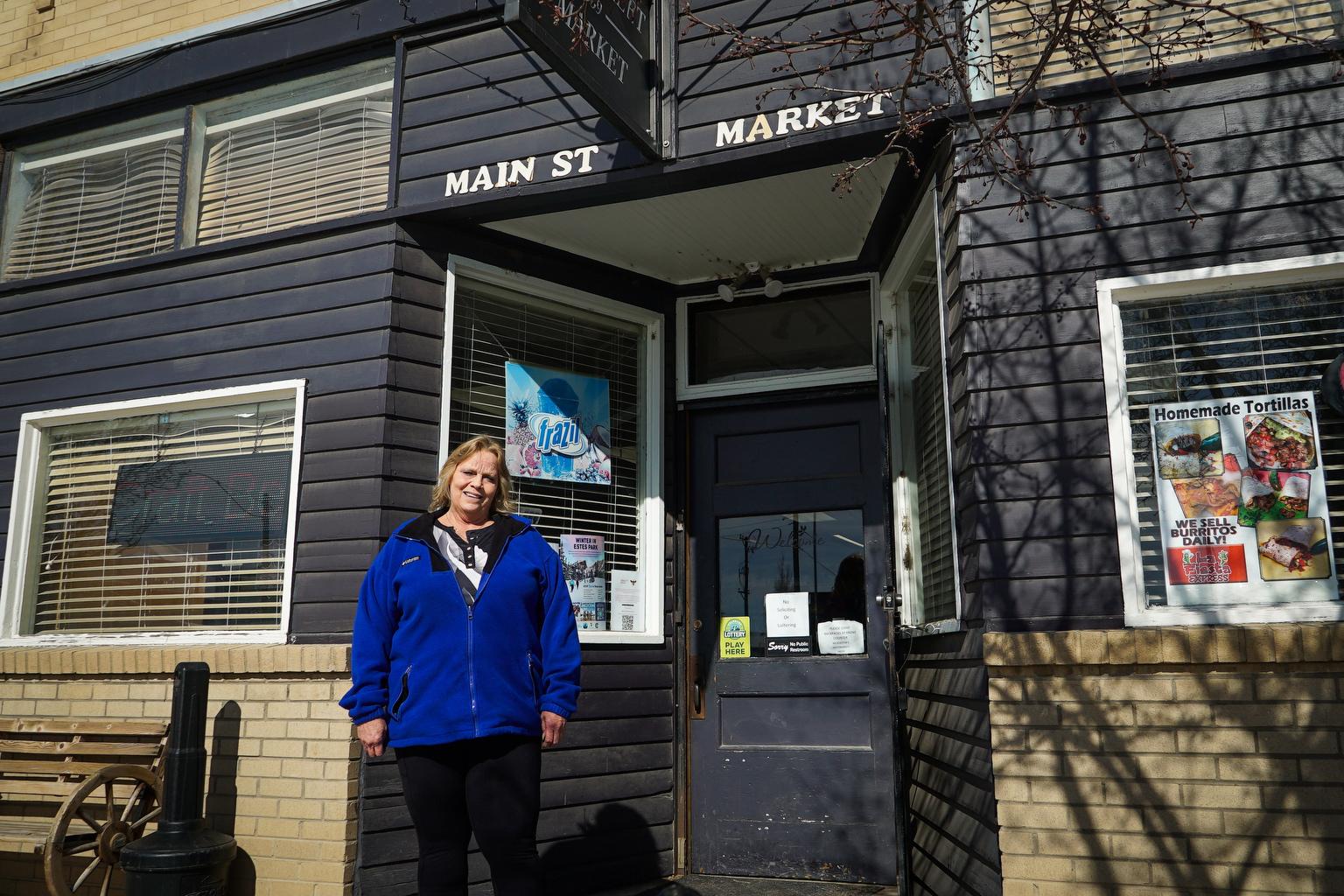
Coloradans are one step closer to being able to play poker and blackjack at casinos again.
Gilpin County, the state’s biggest gambling hub, plans to submit a proposal to the Colorado Department of Health and Environment on Tuesday on how to safely resume table gaming. Casinos reopened last month after being shut down since March due to the COVID-19 pandemic, but only slot machines are permitted.
The proposal outlines mechanisms to keep gamblers and employees safe, such as requiring players to use hand sanitizer immediately before touching cards and having enough decks to swap out between uses, according to a draft proposal reviewed by Colorado Public Radio. Additionally, players should refrain from handling cards “to the greatest extent possible,” according to the proposal.
“In anything we do when reopening the economy, there is a certain level of risk and we have considered that and we have a mitigation process in place,” Ron Engels, a Gilpin County commissioner, said in an interview. “We’re absolutely willing to implement that policy to clamp back down if we are starting to see there be too many cases coming out of the casino.”
There would be limits on the number of players per game, such as three players at Blackjack, four players at roulette, and six players for craps, according to the proposal. Dealers will be tasked with enforcing masking and hand sanitizing during games when six feet of distance between players is not practicable, the proposal says.
The prevalence of COVID-19 in Gilpin County, home to the state’s largest casinos in Black Hawk, is low, with a total of 8 confirmed and probable cases as of midday Tuesday, according to the proposal. Only one patient has been hospitalized. The county has two employees investigating cases, as well as 24 volunteers trained to help with contact tracing, according to the proposal.
The county will reenact stricter measures if there is a 20 percent increase in cases over a specified timeframe, a substantial increase in COVID-19 hospitalizations over a two-week period, or if the county is unable to contract trace new cases within 24 hours of a positive test result, the proposal states.









